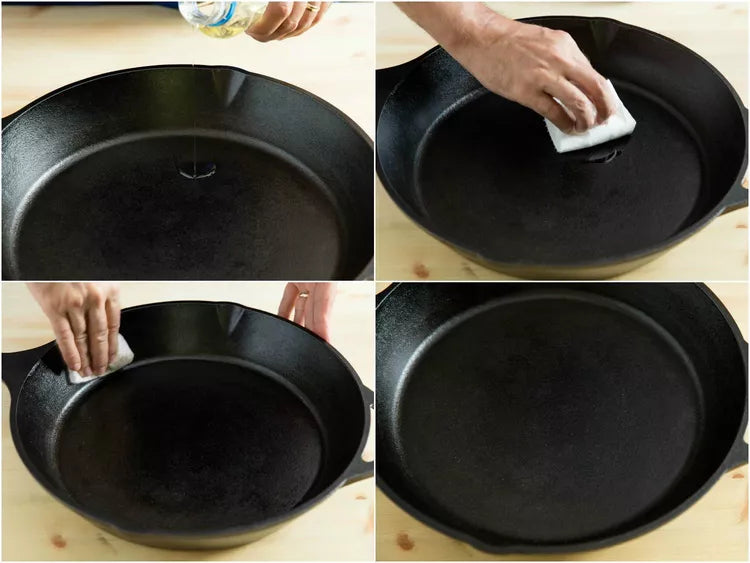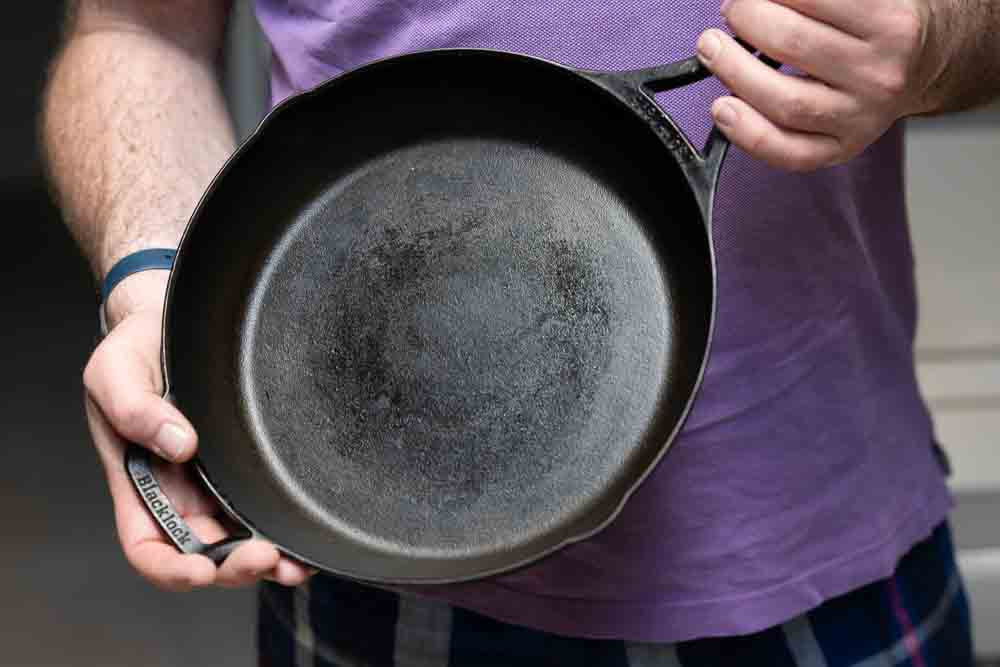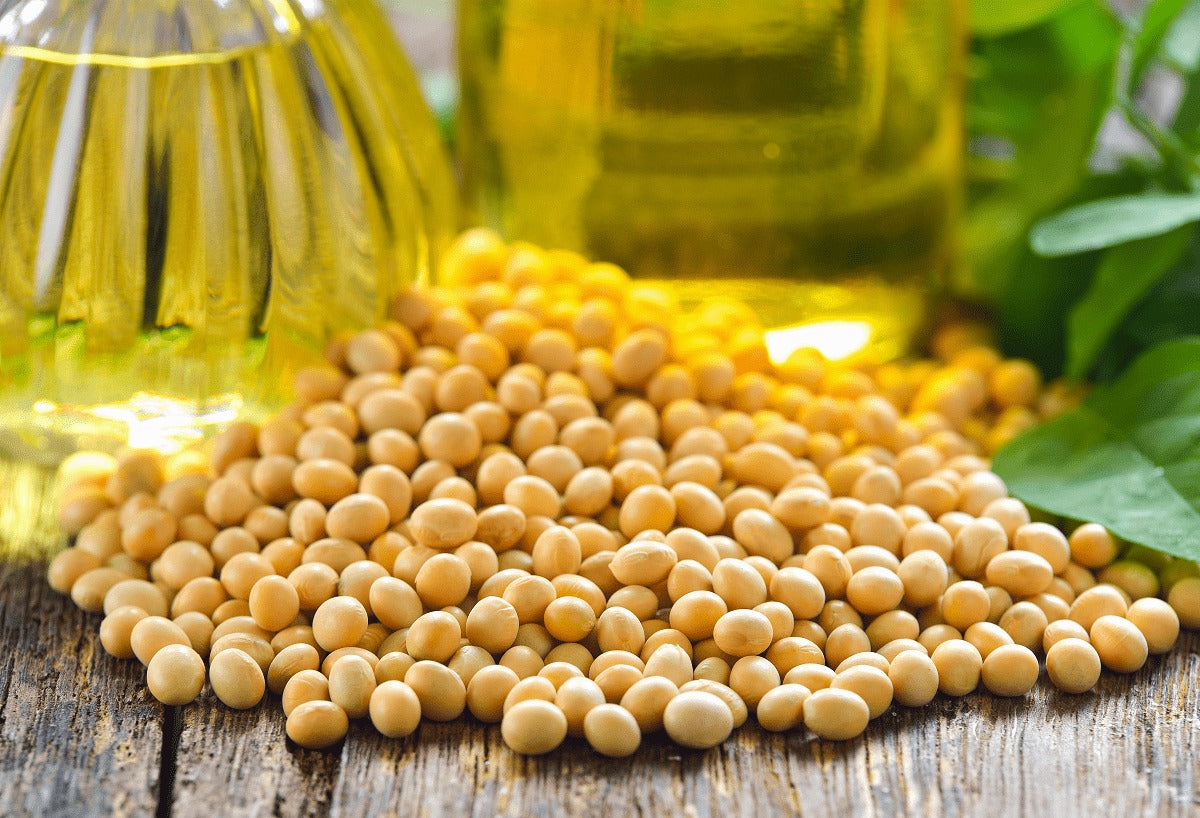For kitchen professionals, maintaining tools and equipment is crucial for delivering excellent culinary results. One such essential tool is the cast iron pan. However, many often find themselves puzzled by the question: why is my cast iron smoking when seasoning? The process of seasoning cast iron pans is vital for maintaining their thickness and enhancing their non-stick properties. In this article, well explore the reasons behind smoking during the seasoning process, effective techniques, and tips to avoid mishaps.

Understanding the Seasoning Process
Seasoning a cast iron pan means applying a layer of oil to it and heating it to create a non-stick surface. This simple technique allows you to elevate the performance of your cookware. You may have encountered instances where your cast iron emits smoke during this process, but what causes this phenomenon? Lets delve deeper to find out.
Why is My Cast Iron Smoking When Seasoning?
First and foremost, cast iron smoking when seasoning can stem from multiple factors:
- Type of Oil Used: Different oils have varying smoke points. Oils with lower smoke points like olive oil (seasoning temperature) can produce more smoke than those with higher points like grapeseed or flaxseed oil.
- Excess Oil: Using too much oil can create a heavy layer that takes longer to polymerize, leading to smoking.
- Improper Oven Temperature: If your ovens temperature is too high, it can lead to smoking as well. Proper heat regulation is essential.
Common Misconceptions About Smoking
Many kitchen professionals might believe that any amount of smoke is harmful. However, a small amount of smoke can indicate that your oil is reaching its smoke point, and its essential to maintain a balanced approach. Understanding smoke signals can help optimize the seasoning process.
When to Season Your Cast Iron
Knowing when to re-season cast iron is vital. You should consider re-seasoning your cast iron when:
- There are signs of rust on the surface.
- The non-stick coating seems diminished or chipping away.
- Foods are sticking to the surface more than usual.
How to Properly Season Your Cast Iron Cookware
To alleviate the concern of smoking during seasoning, follow these steps to ensure an effective seasoning process:
- **Clean Your Cast Iron:** Thoroughly clean your pan before seasoning. It's essential to remove existing oil or food residues.
- **Choose the Right Oil:** Consider using oils with high smoke points. Flaxseed oil, for instance, is a favorite among chefs for its durability and smooth finish.
- **Apply a Thin Layer:** Less is more while applying oil. Use a cloth to evenly coat the pan with a thin layer of oil.
- **Preheat Your Oven:** Set your oven to 400F (200C). Ensure it reaches the desired temperature before placing your cast iron inside, as this reduces the risk of smoking.
- **Bake Properly:** Place your cast iron upside down to catch any drips, and bake for approximately one hour.
After completing these steps, give your cast iron a proper cooling period. This additional time will enhance the bonding of the oil to the pan.
Understanding Oil and Smoke Points
Its crucial for kitchen professionals to understand oil smoke points. Heres a quick reference:
- Palm oil - 450F (232C)
- Coconut oil - 350F (177C)
- Canola oil - 400F (204C)
- Flaxseed oil - 225F (107C)
Choosing the right oil can significantly reduce smoking during seasoning.
Other Factors Contributing to Smoking
Aside from the type of oil and application method, there might be additional factors causing cast iron to smoke excessively:
- Old Seasoning: If your pan has a thick layer of old seasoning, it may not heat evenly, causing breakdown and smoke.
- Temperature Fluctuations: Rapid temperature changes can also result in smoking during seasoning.
- Not Enough Ventilation: Ensure that your kitchen has proper airflow, as this can assist in dissipating any smoke that arises.
Expert Tips for Avoiding Smoke
Here are some expert tips that kitchen professionals should keep in mind to prevent excessive smoking:
- Stay vigilant about the type of oil and how much youre using.
- Maintain a consistent oven temperature.
- Do check for any old seasoning that may need cleaning off prior to re-seasoning your cast iron.
:max_bytes(150000):strip_icc():format(webp)/20160817-steak-choron-sauce-vicky-wasik-2-0edfa090a9954970bf19ca199e8b9997.jpg)
FAQs
What Should I Do if My Cast Iron is Smoky?
If your cast iron pan gives off a lot of smoke, you may need to lower the amount of oil used and ensure the correct temperature is maintained. Also, check if the pan is clean before seasoning.
How Often Should I Season My Cast Iron?
Seasoning frequency depends on usage. If you notice sticking or discoloration, it's advisable to re-season. Generally, once every few months is a good practice.
Is Smoke During Seasoning Always Bad?
Not always. A small amount of smoke may indicate that the oil is polymerizing; however, if its excessive and troublesome, review your method and oil selection.
In summary, if you find yourself asking, why is my cast iron smoking when seasoning, remember that several factors contribute to smoking, but with the right knowledge and practices, it can be easily managed. For additional guidance on the topic, check out this helpful article on how to season cast iron. Take care of your cast iron, and it will take care of you for years to come!
This article contains affiliate links. We may earn a commission at no extra cost to you.






Leave a comment
This site is protected by hCaptcha and the hCaptcha Privacy Policy and Terms of Service apply.